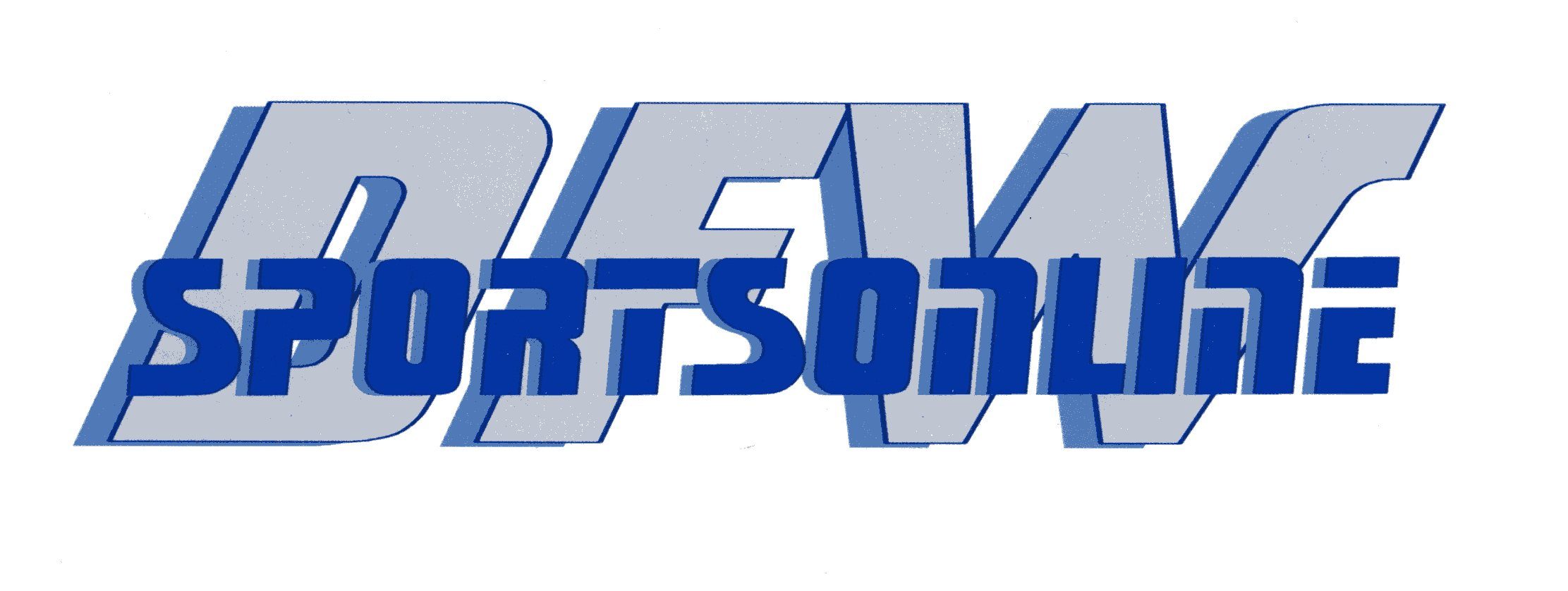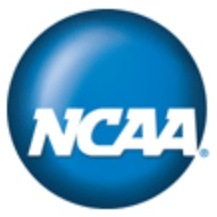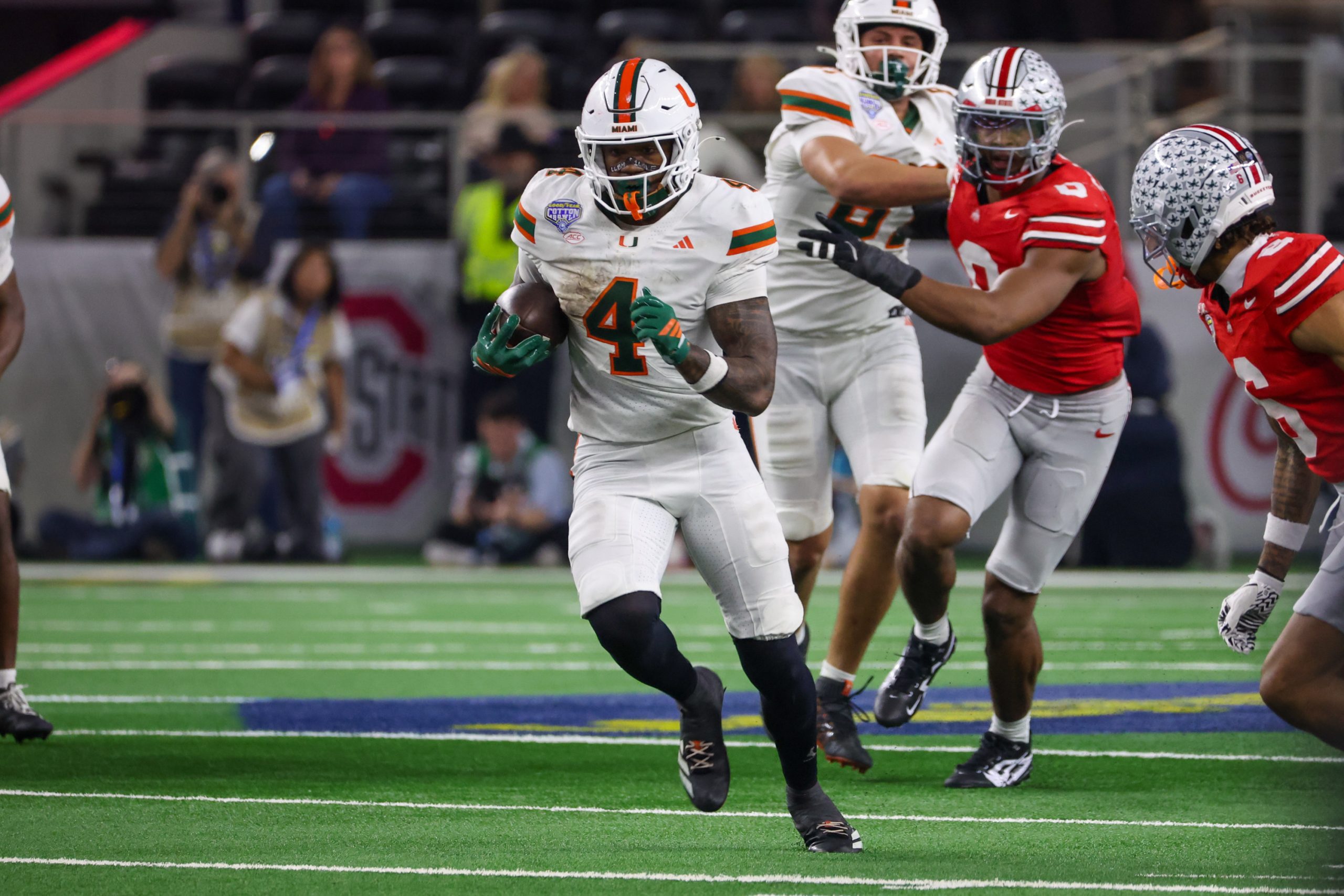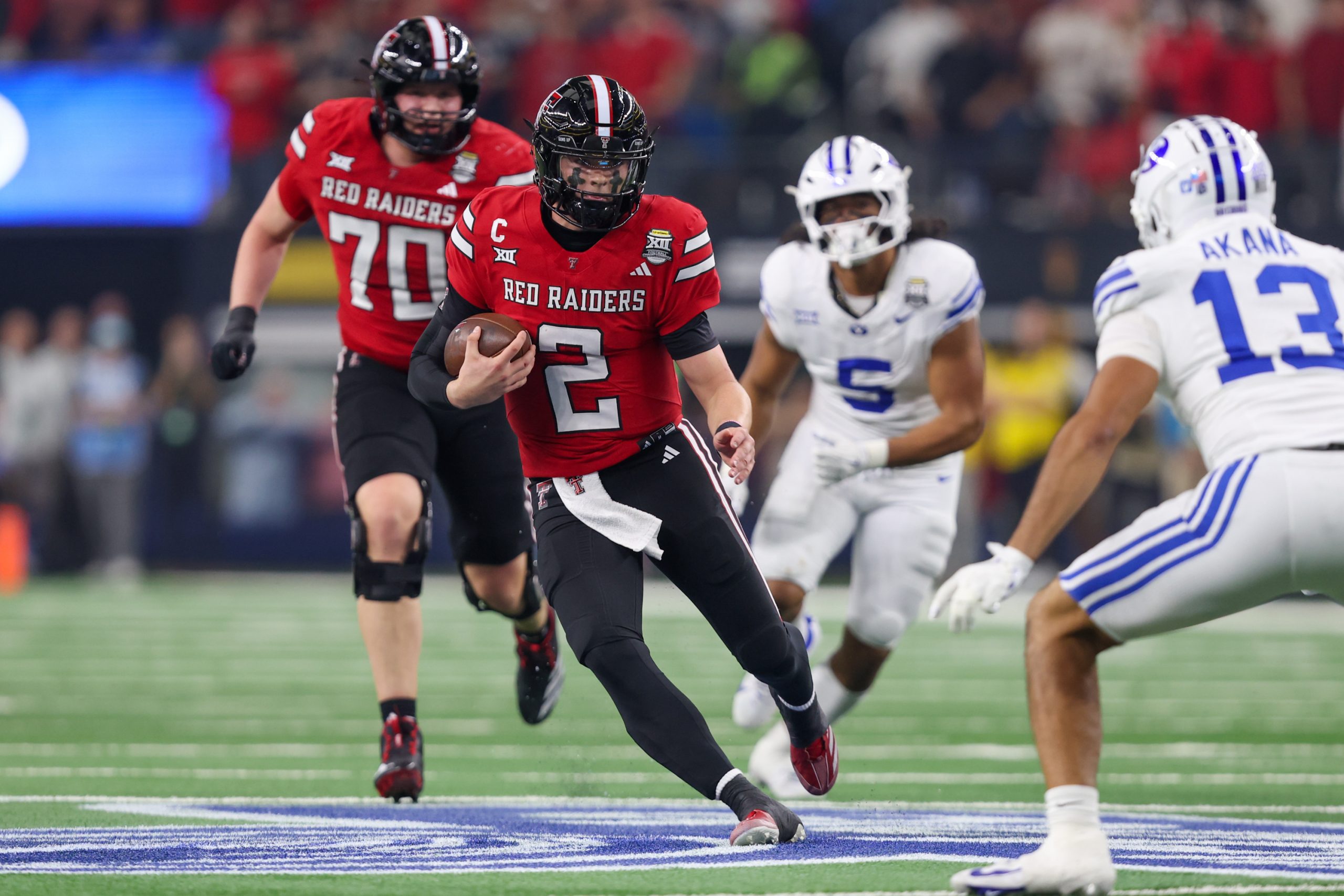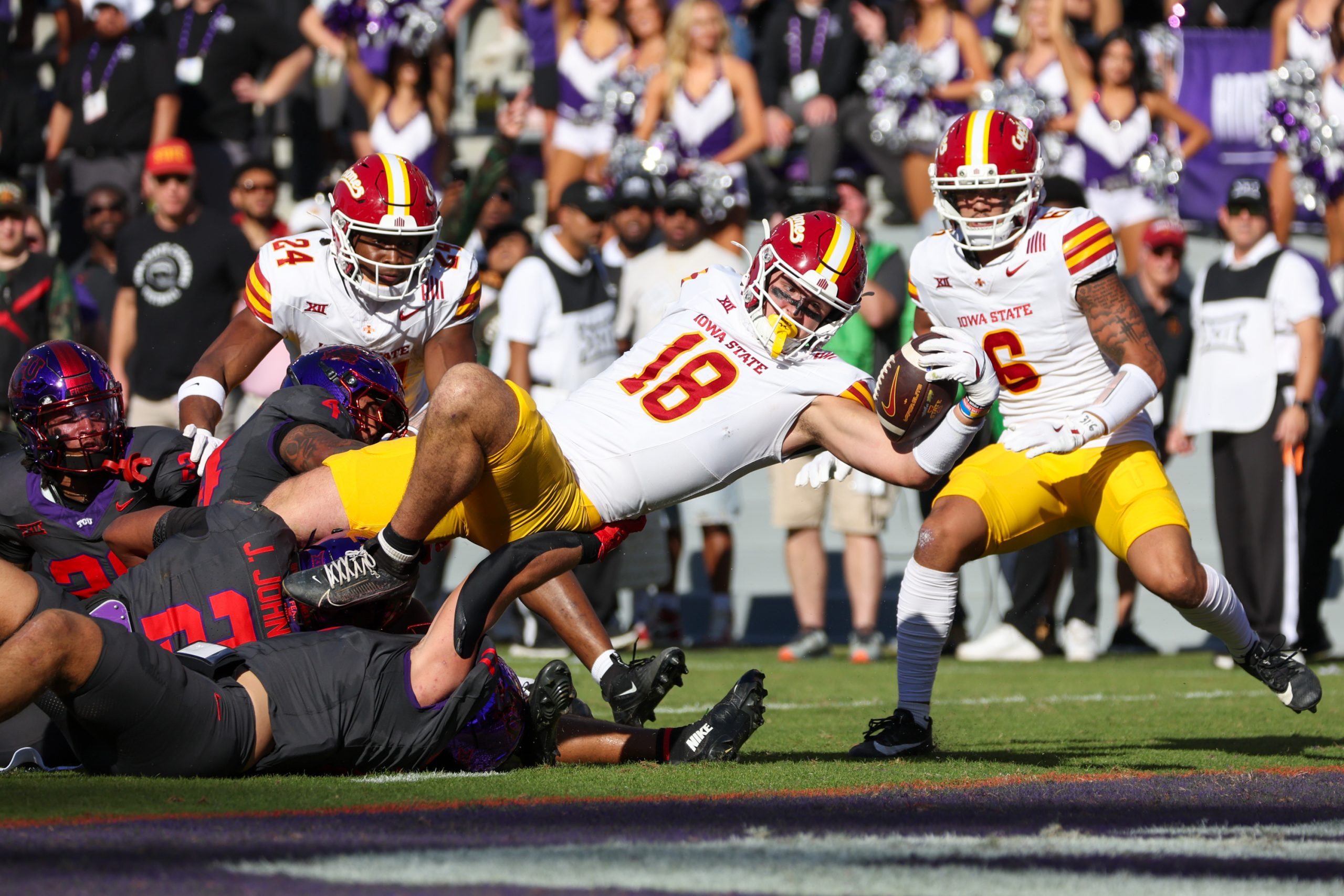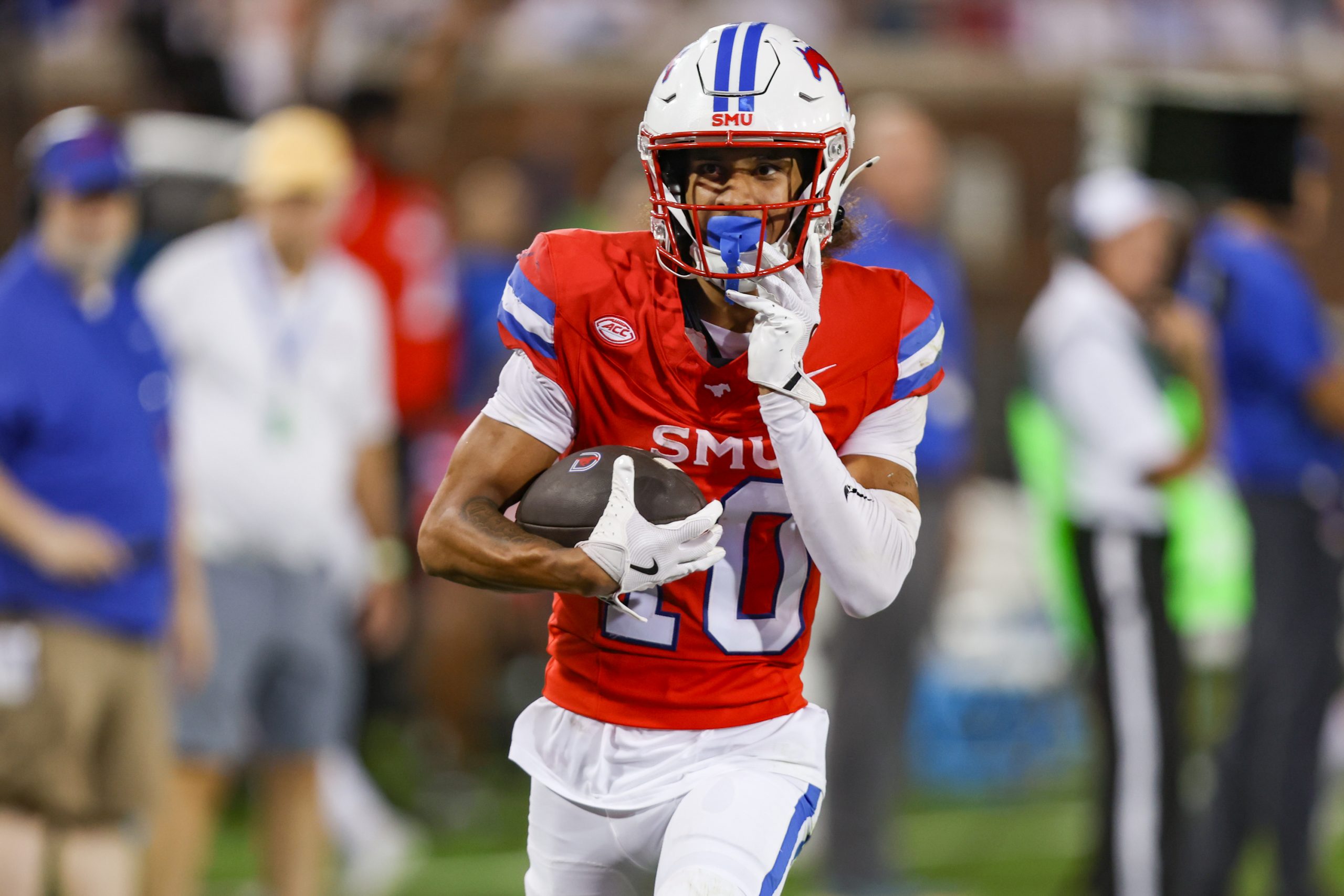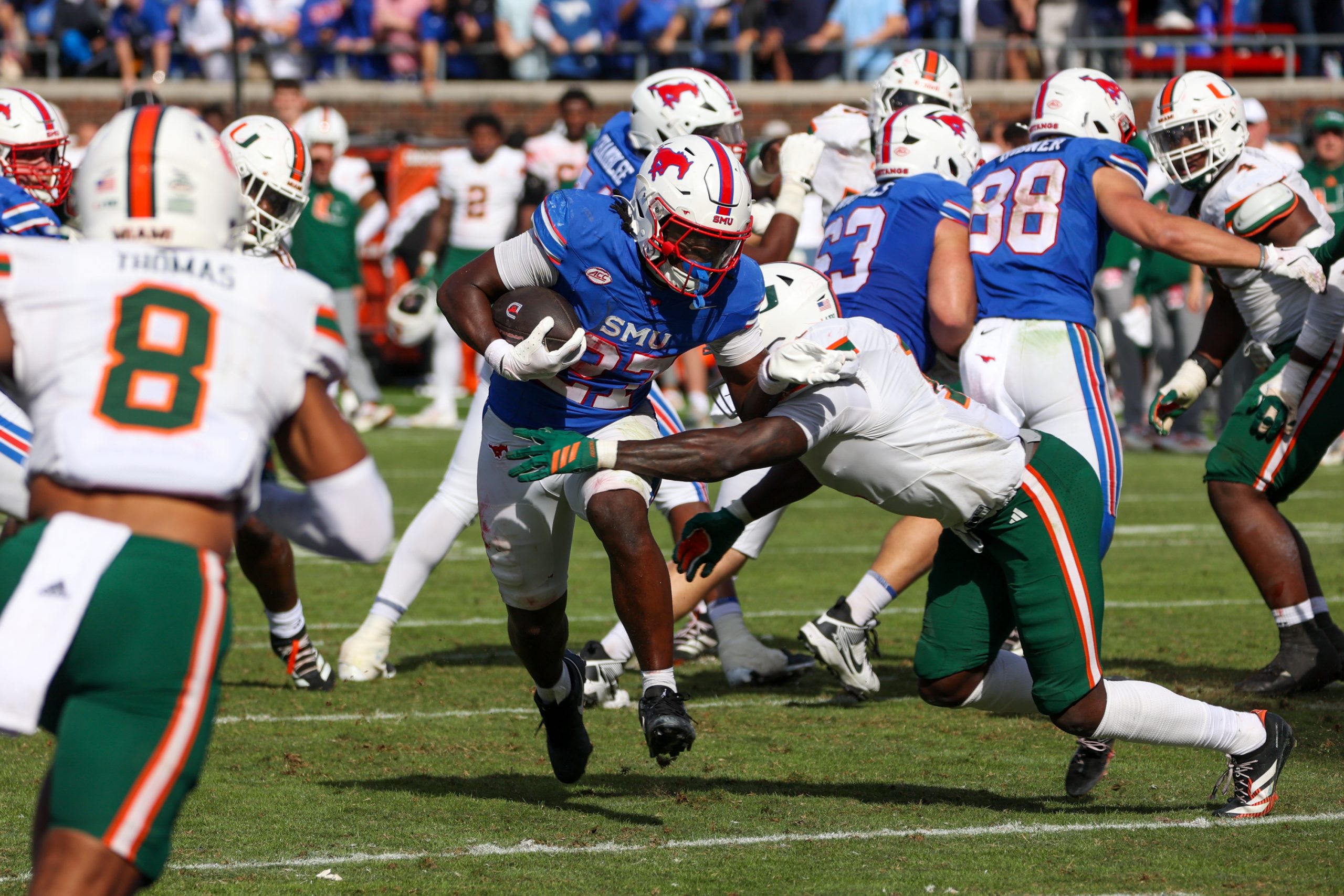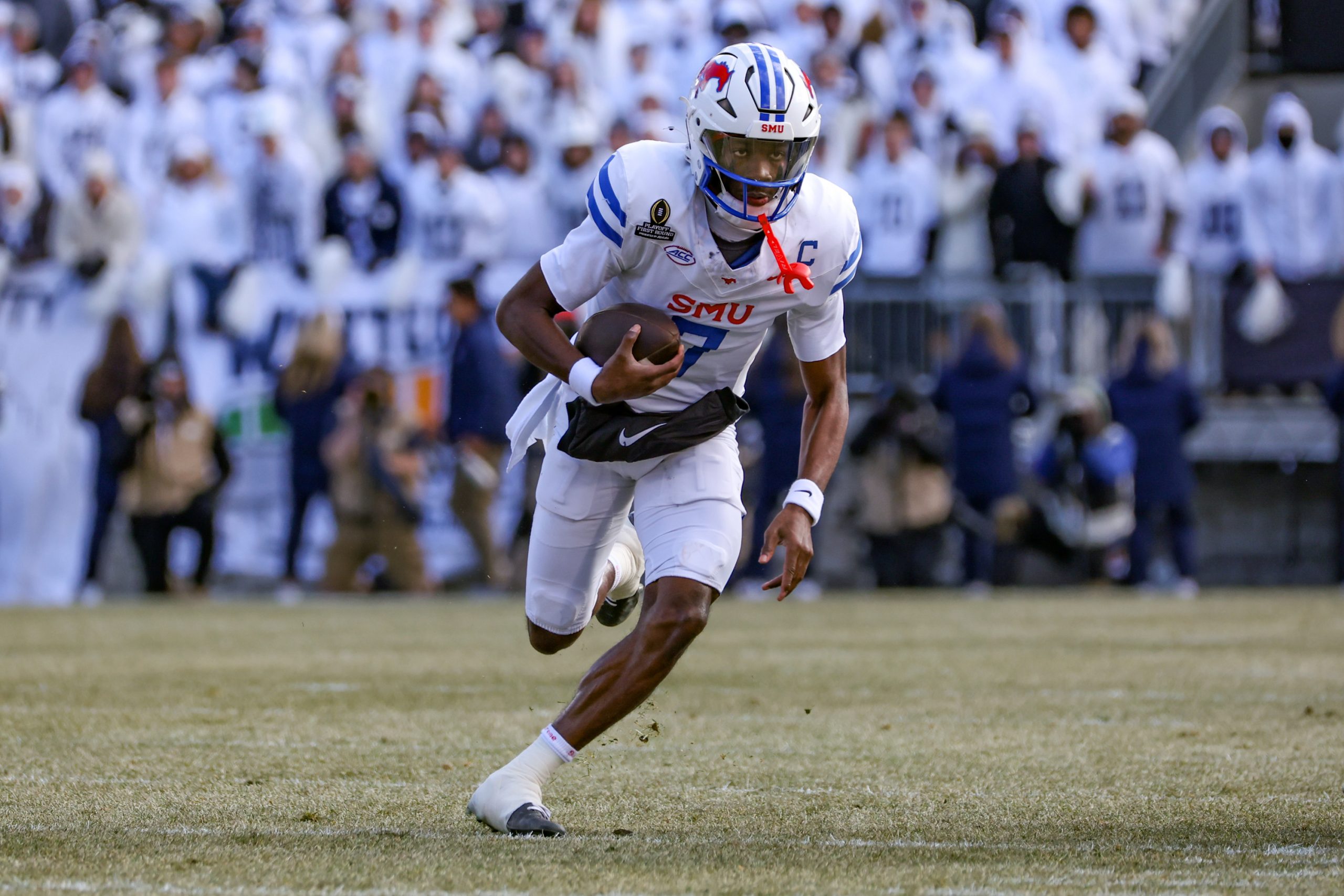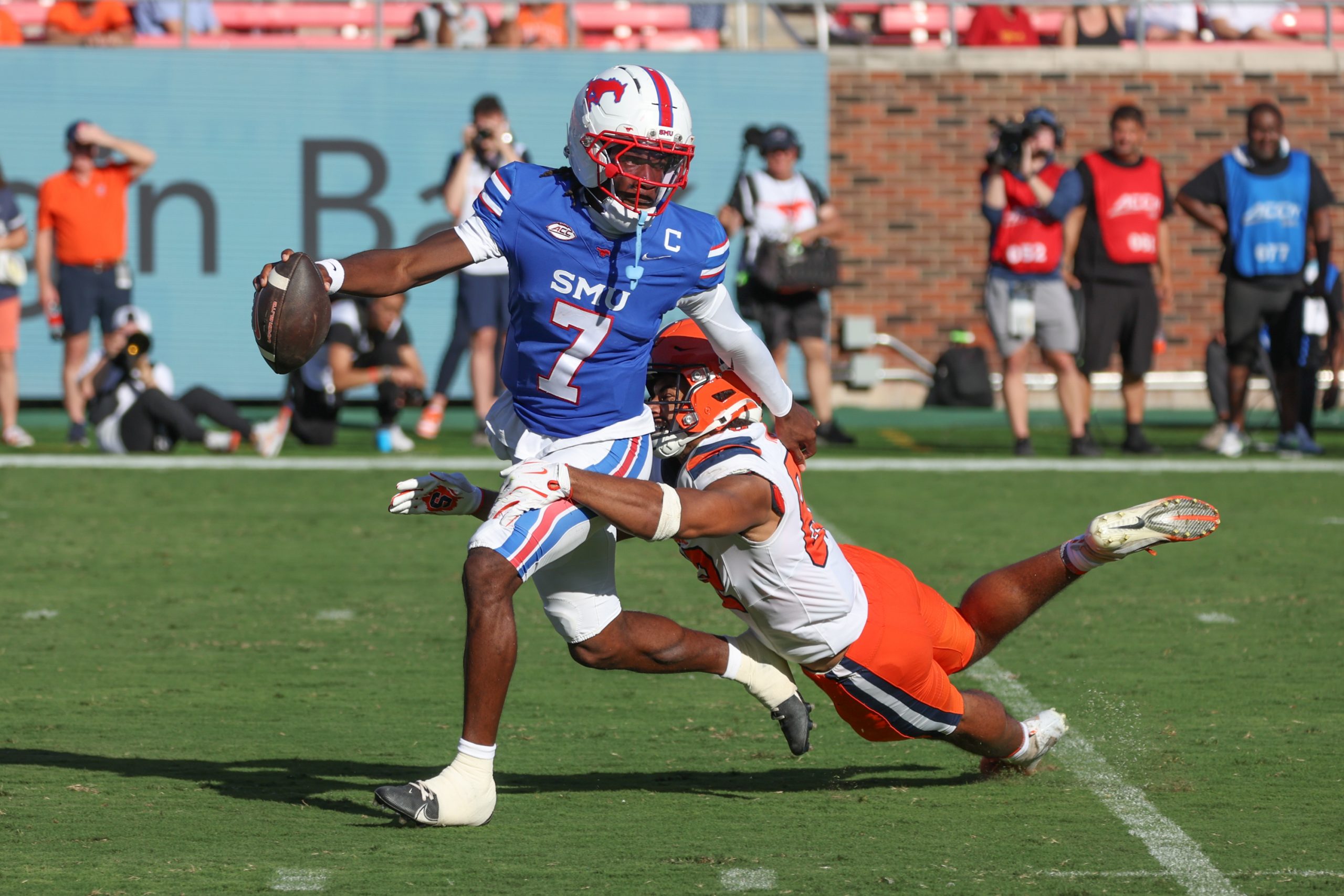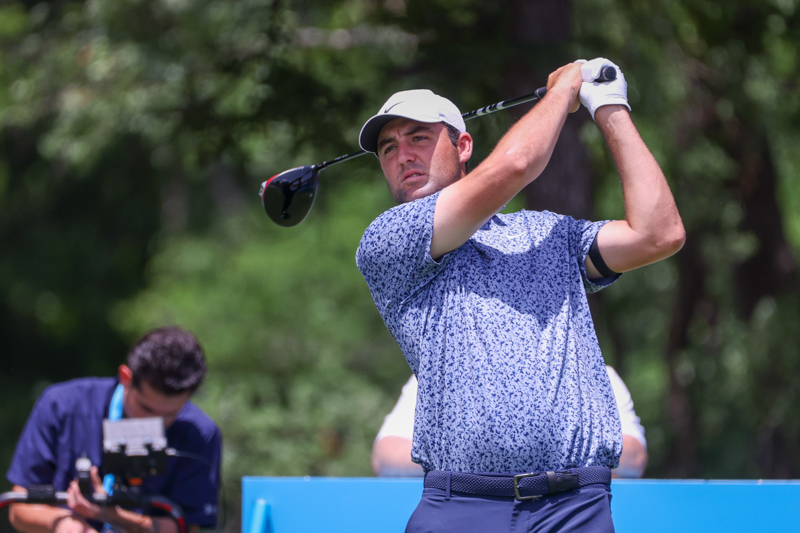{fshare id=5387}
A settlement agreement was filed Tuesday , proposing to establish new guidelines for concussion diagnosis and treatment in the NCAA.
A fund of more than $70 million would be established to begin treatment of current and former players immediately if the U.S. District Court in Chicago approves the initial NCAA settlement in a class-action suit filed in 2011. Negotiations lasted more than a year.
“We have been and will continue to be committed to student-athlete safety, which is one of the NCAA’s foundational principles,” NCAA Chief Medical Officer Brian Hainline said in a statement. “Medical knowledge of concussions will continue to grow, and consensus about diagnosis, treatment and management of concussions by the medical community will continue to evolve. This agreement’s proactive measures will ensure student-athletes have access to high quality medical care by physicians with experience in the diagnosis, treatment and management of concussions.”
With testing established, players could still bring individual suits against college football’s governing body.
The NCAA-funded test and settlement could apply to men and women who participated in football, ice hockey, basketball, wrestling, field hockey, soccer and lacrosse.
Under the terms of the agreement, there is no mandatory timeframe or statute of
limitations covered and more than 1,000 schools would be impacted by a ruling. Millions of past and present athletes would be covered under the 50-year proposed medical monitoring program.
There are multiple class-action suits pending against the NCAA — 10 known since the first case was filed in Chicago with former Eastern Illinois safety Adrian Arrington as the lead plaintiff. Arrington stated in court documents that he had five documented concussions and symptoms were so great that he didn’t recognize loved one or retain information in the immediate aftermath of the head injuries. He still suffers, claiming day-to-day tasks such as job duties and caring for his children are problematic because of headaches and memory loss.
U.S. District Judge John Z. Lee is expected to take several months to review the many tentacles involved in the proposal.
Until 2010, the NCAA did not have a formal concussion and head-injury plan for management, treatment and prevention.
In the agreement, the NCAA would request all member institutions to establish and streamline concussion-management policies while also imposing universal testing and return-to-team rules.
